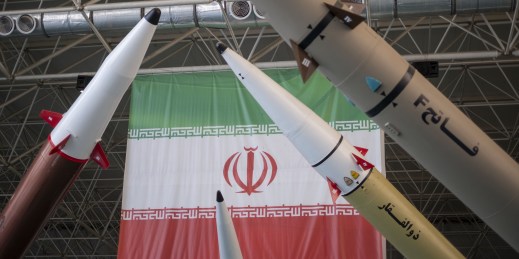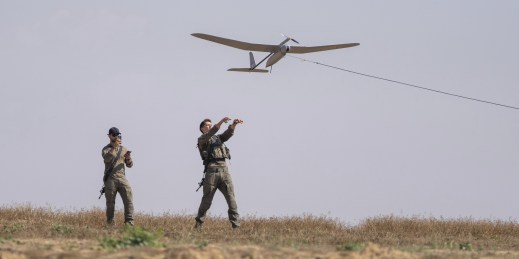
More than a week later, there remains considerable uncertainty about Iran’s unprecedented attack on Israel using its long-range strike capabilities. As more information becomes public, it is important to be mindful of three important considerations to understand the attack’s implications on military dynamics across the Middle East.






